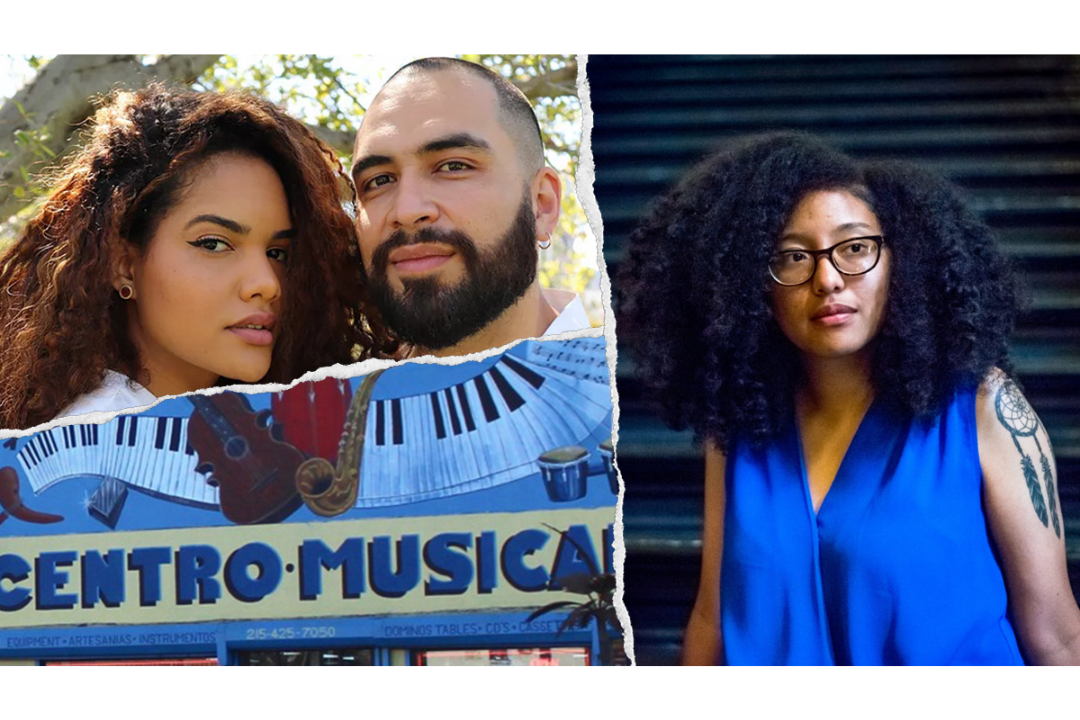Written by: Dayani Guevara, Cisneros Class of 2024
February is Black History Month, when we celebrate the contributions and lives of the Black community in the United States. In addition to recognizing the important contributions of African Americans, it’s important to acknowledge that the African Diaspora is an important part of South American, Latin American, and the Caribbean’s sociocultural history as well. In fact, during the Middle passage’s main years, about 11.2 million Africans were forcibly removed from their homes and taken to the New World — of which, only about 450,000 came to the United States. The rest were taken to South America, Latin America, and the Caribbean. Afro-Latinx and African American communities are intertwined in their shared struggles and history. This month needs to be a time where we collectively acknowledge the rich culture, ingrained struggles, and numerous contributions by all from the African diaspora.
So, what are some steps we can take to acknowledge and honor our Afro-Latinx familia?
1. Learning About and From Afro-Latinx Experiences
Learning more about the experiences and histories of Afro-Latinx communities is vital to understanding their struggles. By developing a better understanding of Black history and Black experiences today, we can begin to see how all Latinx culture is intertwined with the legacy of Blackness in the Americas. An easily accessible way to educate yourself about these experiences is through podcasts. There are many people from the Afro-Latinx community willing to share their stories for those willing to listen. These are just a few of many podcasts that delve deeper into the experience of being Black and Latinx.
2. Supporting Afro-Latinx Creatives
Showing solidarity with Afro-Latinx artists is important to show that you’re listening to their voices. Support doesn’t always have to be monetary, either. You can show support by reposting, liking, and sharing content. Ariana Brown is just one AfroMexicana who has written about her experience of finding solace in her African roots. As a spoken word poet, Ariana has captivated an audience with her passion and love for her lineage.
3. Uplifting Voices in our Communities
Throughout the GW community, many Black leaders are creating safe spaces for Black people to share their stories and build community. Organizations like GW Women of Color and Alianza have been built on the value that all deserve to be heard. Getting involved as a non-Black ally is more accessible than ever in a virtual format. With monthly events open to the larger GW community, consider showing support by respectfully participating in the organizations’ events. Events range from social to educational — with inclusivity and justice always being the backbone of conversation. Event announcements, as well as informative posts, are regularly posted on the organization’s Instagram. Get involved by following, reposting, and staying informed.
While it is important to have specific months dedicated to celebrating cultures and identities, we need to make sure to amplify BIPOC voices throughout the year. Consider how you can celebrate our Afro-Latinx familia all year-round.
Dayani Guevara is a first-year Cisneros Scholar in the Elliott School of International Affairs. From Fort Wayne, Indiana, she is pursing international affairs and is part of GW’s Women’s Leadership Program. Dayani’s views are her own and not necessarily reflective of the Cisneros Institute.


